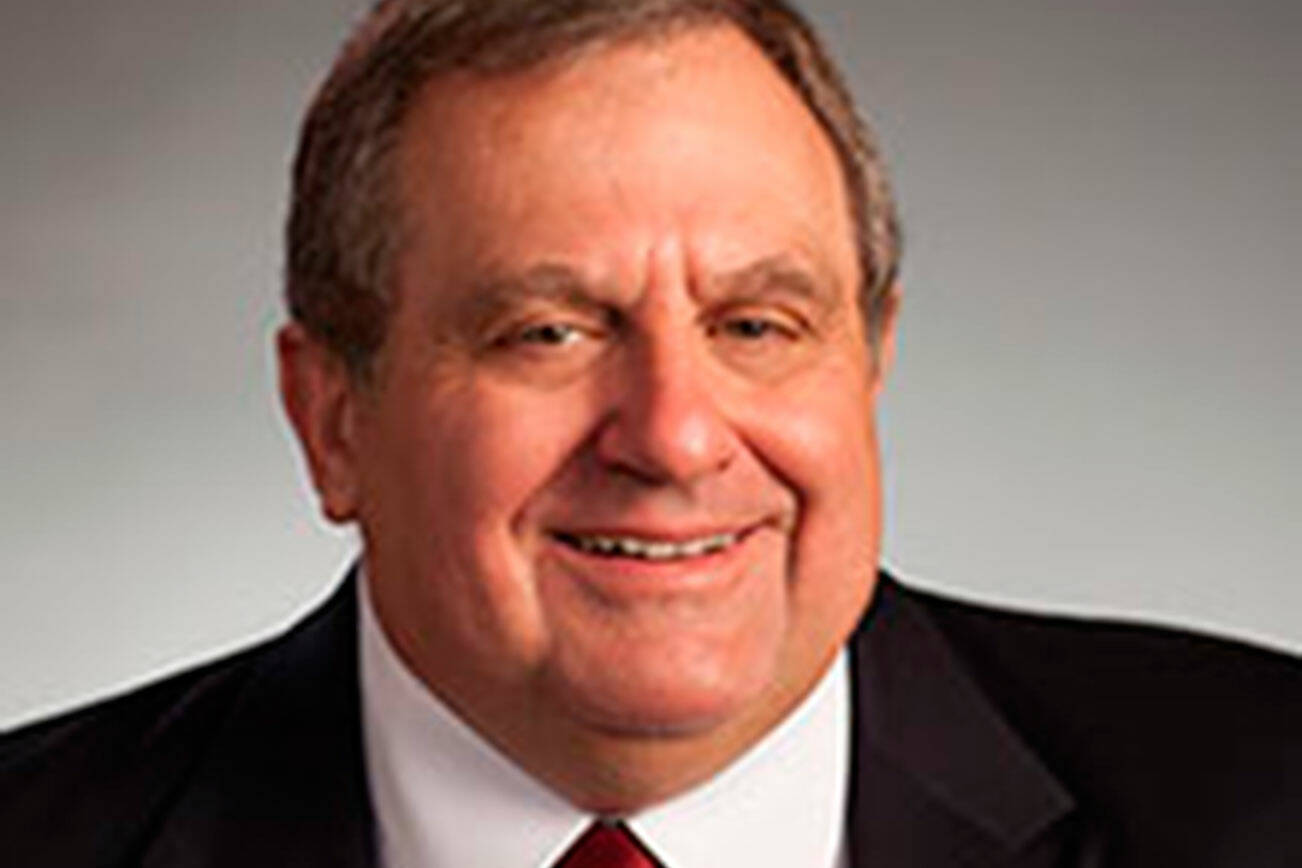Unfortunately, what happens in Taiwan doesn’t just stay in Taiwan — it impacts us.
So, when President Xi Jinping announced China’s plan to step up “unification” efforts, it got our attention.
“U.S. ties with Taiwan, a Cold War ally, are a lightning rod in the testy relations between Washington and Beijing, which sees Taiwan as a breakaway province and vows to use military force if needed to annex the island,” the Wall Street Journal reported recently.
Xi Jinping’s words are not idle threats.
“Over the past two years, the People’s Liberation Army (PLA) has increased its activity, with near-daily sorties into the ADIZ (Air Defence Identification Zone) and frequent military drills in nearby maritime areas,” The Guardian reported.
Why should the threat to Taiwan concern us?
After all Taipei, Taiwan’s capital, is a 12.5-hour flight from Seattle. And when it comes to Washington state exports, China buys nearly three times as much as Taiwan. Taiwan’s 23.6 million people pales by comparison to China’s 1.4 billion potential buyers.
Taiwan is an open culture much like America, where there are contested elections and an economy driven by consumers. China, on the other hand, has little tolerance for dissent — look what’s happening in Hong Kong — and continues to pursue state-directed industrial, trade and investment policies. The bottom line is if you are doing business in China, you better count government as your partner.
Taiwan is a major source of semiconductors for the U.S., which imported $7 billion last year in chips and $20 billion in other computer and telecommunications equipment out of $60 billion in total imports, according to the Census Bureau.
Semiconductors are also among our nation’s top five exports. The Semiconductor Industry Association (SIA) reports in 2019, those exports totaled $46 billion, and the industry employed nearly 185,000 people earning an average $166,400 a year, which is more than twice the average of U.S. manufacturing workers. In the Portland and Vancouver area, those companies employ more than 30,000 people.
The concern is Taiwan produces the world’s most advanced chips — the ones vital to our advanced military equipment and cyber security.
Our long-held dominance in semiconductors is challenged by foreign competitors whose governments heavily subsidize the industry. For example, China’s government is investing over $150 billion while seeking to become the global semiconductor leader in research, design and production by 2030.
If Taiwan were to be “unified” with China, it would grab control of the Taiwan Semiconductor Manufacturing Company’s (TSMC) most advanced chip fabrication plants. TSMC is the world’s largest contract manufacturer of the semiconductor chips — otherwise known as integrated circuits, or just chips — that power our phones, laptops, cars, watches, refrigerators and more. Its clients include Apple, Intel, Qualcomm, AMD and Nvidia.
“The $550 billion firm (TSMC) today controls more than half the global market for made-to-order chips and has an even tighter stranglehold on the most advanced processors, with more than 90% of market share by some estimates,” Time Magazine reported.
The semiconductor industry has contracted even as the chips themselves have grown more prevalent and pivotal. Other than TSMC, the only firm capable of commercially producing today’s most advanced 5-nanometer (nm) chips is South Korea’s Samsung Electronics.
TSMC is investing in even more advanced chips. It is building a new fabrication plant — or “fab” — across 22 football fields of land in southern Taiwan to produce groundbreaking 3-nm chips, which are expected to be up to 15% faster and use far less power.
For Washington, the silver lining is that global semiconductor manufacturing capacity is expected to increase by 50% in the next decade. There will be opportunities to bring new facilities to the Pacific Northwest as security concerns in Taiwan grow. We just need to figure out how to do it and restore America’s semiconductor leadership.
Don C. Brunell is a business analyst, writer and columnist. He retired as president of the Association of Washington Business, the state’s oldest and largest business organization, and lives in Vancouver. He can be contacted at theBrunells@msn.com.
Talk to us
Please share your story tips by emailing editor@kentreporter.com.
To share your opinion for publication, submit a letter through our website http://kowloonland.com.hk/?big=submit-letter/. Include your name, address and daytime phone number. (We’ll only publish your name and hometown.) Please keep letters to 300 words or less.

